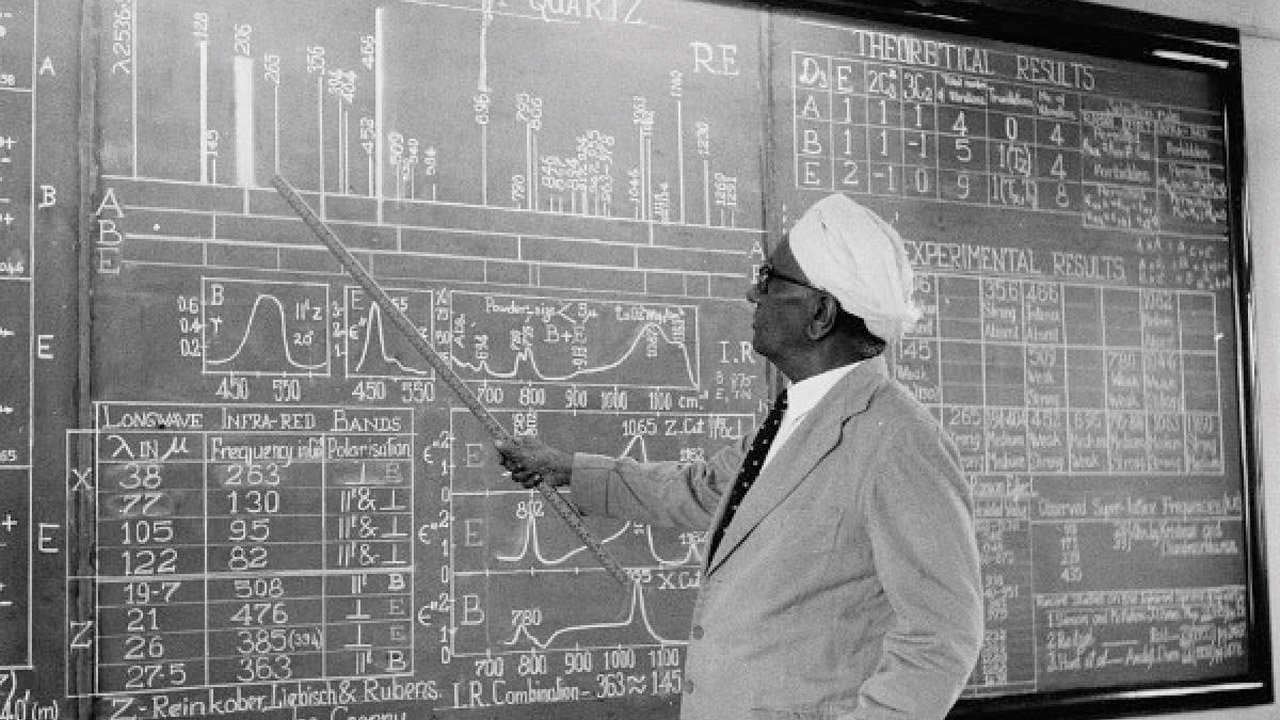
National Science Day is celebrated each year on February 28 to mark the discovery of the ‘Raman Effect’, which is a particular phenomenon of light scattering by matter uncovered by the Indian physicist Sir Chandrasekhara Venkata Raman on 28 February 1928.
CV Raman was awarded with a Nobel Prize in Physics in 1930 for his discovery on Raman Effect.
History of the National Science Day
In 1986, the National Council for Science and Technology Communication (NCSTC) requested the Central Government to designate February 28 as the National Science Day (NSD).
The aim behind the initiative was to honor the achievements of Sir C.V. Raman as well as other scientists for their achievements in the scientific field.
The National Science Day, after approval, is celebrated all over India in schools, colleges, universities and other institutions.
The National Council for Science and Technology Communication, following the first NSD in Feb 28, 1987, announced the creation of the National Science Popularization awards which recognised individuals for their contributions in the realm of science and communication.
National Science Day 2022: Theme
- The theme of the National Science Day 2022 is, “integrated approach in science and technology for a sustainable future”.
Significance of National Science Day
The NSD is celebrated to spread the message about the significance of science and its ability to improve the daily lives of people.
Themes of National Science Day
Since 1999, the National Science Day has been celebrated keeping in mind certain specific themes. They are as follows:
National Science Day
| Year | Theme |
| 1999 | Our Changing Earth |
| 2000 | Recreating Interest in Basic Science |
| 2001 | Information Technology for Science Education |
| 2002 | Wealth From Waste |
| 2003 | 50 years of DNA & 25 years of IVF – The Blueprint of Life |
| 2004 | Encouraging Scientific Awareness in Community |
| 2005 | Celebrating Physics |
| 2006 | Nurture Nature for our future |
| 2007 | More Crop Per Drop |
| 2008 | Understanding the Planet Earth |
| 2009 | Expanding Horizons of Science |
| 2010 | Gender Equity, Science & Technology for Sustainable Development |
| 2011 | Chemistry in Daily Life |
| 2012 | Clean Energy Options and Nuclear Safety |
| 2013 | Genetically Modified Crops and Food Security |
| 2014 | Fostering Scientific Temper |
| 2015 | Science for Nation Building |
| 2016 | Scientific Issues for Development of the Nation |
| 2017 | Science and Technology for Specially Abled Persons |
| 2018 | Science and Technology for a sustainable future |
| 2019 | Science for the People, and the People for Science |
| 2020 | Women in Science |
| 2021 | Future of STI: Impact on Education Skills and Work |

